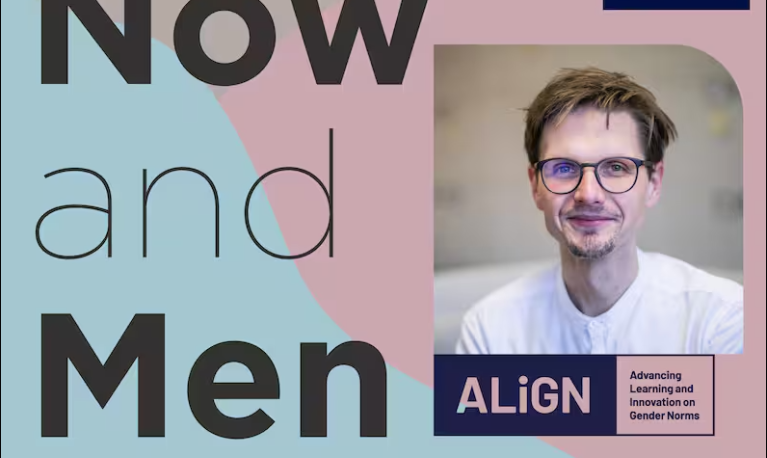- Report
- 13 Mayo 2024
Male politicians and gender politics in Colombia: a long path to walk
- Published by: ALIGN, Universidad de los Andes
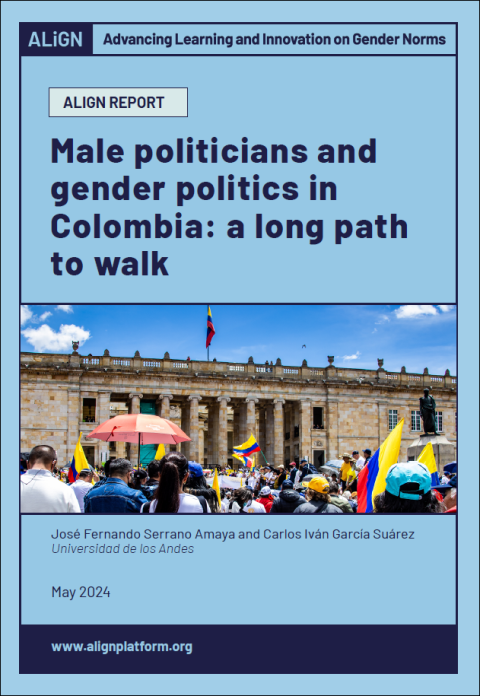
This Colombia country report is the second publication in ALIGN's ‘Men in politics as agents of gender equitable change: gender norms and political masculinities’ series.
This research explores how a growing number of men in elected positions who express some commitment to gender equality explain and enact this commitment. It also examines obstacles and enablers of their politics in Colombia, and how they are perceived by key stakeholders in the country’s democracy, such as LGBTQI+ activists and university students.
Colombia’s 2022 election of President Gustavo Petro and Vice-President Francia Márquez raised hopes for a feminist agenda in the country’s new government. Yet the implementation has been slow and without sufficient resources, demonstrating both advances in, and resistance to, changes in gender orders in the country.
Based on interviews and focus group discussions, the study finds that although men in politics are sympathetic to gender equality and embrace allyship, they often lack relevant knowledge and clarity of what such allyship takes. In addition, their actions are limited by the patriarchal nature of political parties in which they operate, while being enabled mostly on individual level by relevant education and personal experiences. This political context leads women politicians, activists and students to view their motivations with scepticism.
While, men in politics are recognised as potential agents of change and therefore the study’s findings suggest that practitioners and civil society can, for example, focus on capacity building and training of men in politics so that they can fully enact their transformative potential.
Key findings
- A growing number of male politicians in Colombia are interested in understanding gender issues and in strengthening their commitment to gender equality. Their knowledge of feminism and their strategies for change, however, remain limited.
- As allies, male politicians express solidarity and empathy with gender equality and feminism, positioning themselves within broader political agendas of equality, social justice, and human rights.
- There is often some distance between their ‘allyship’ and a full commitment to feminism and the struggle for gender equality. There is even some resistance to feminism that echoes a current global context of anti-gender ‘push back’.
- Male politicians demonstrate their allyship in three ways: by supporting the gender initiatives of others; by developing their own initiatives dedicated to gender equality; by incorporating a gender perspective into their actions or the actions they support.
- Enablers of commitments to gender equality are found at the micro level, including reflection on personal experiences and male privilege, education, participation in organisations working on gender politics, and alliance building with feminist organisations.
- Male politicians are key for the promotion of change. Their contribution can be strengthened with capacity building through training and support to their technical teams. These teams have a key role in supporting, and giving content to, their initiatives.
Share this report
New @ALIGN_gender partner report from #Colombia explores allyship in practice for men in politics.
What motivates men? How do they understand their role in supporting #genderequality? How do they practice their allyship?
Read the research.
- Countries / Regions:
- Colombia
Related resources
16 May 2024
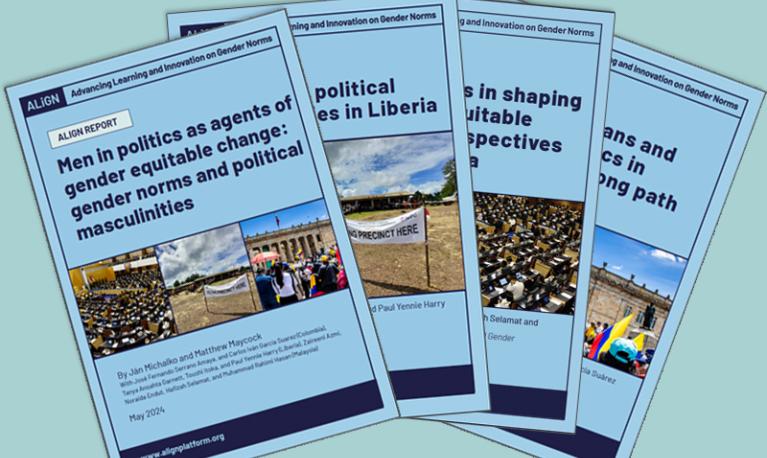
2 November 2020
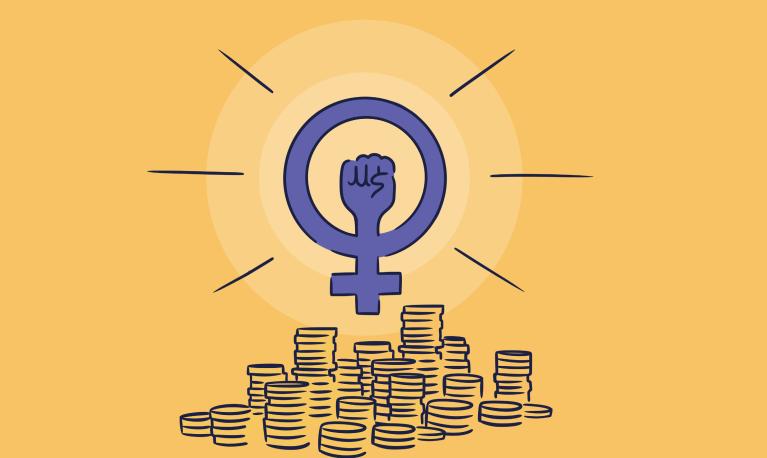
Report
28 Mayo 2024
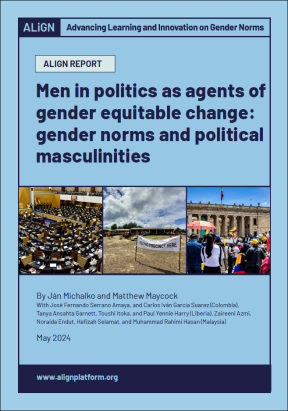
Report
1 Mayo 2024

Report
20 Mayo 2024
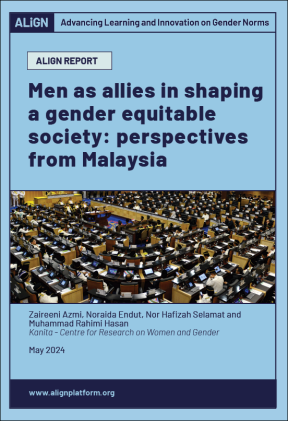
Video/podcast
15 Mayo 2024
